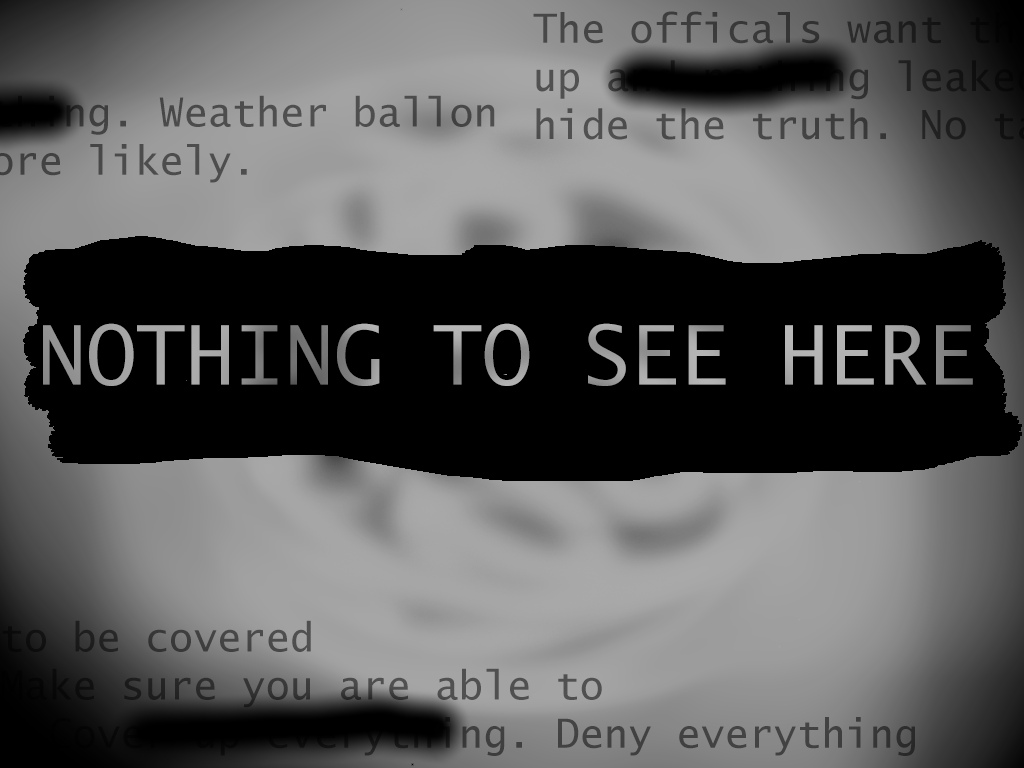Definitely 2 (CoMaps Arrow), although possibly rotate the arrow counterclockwise slightly.
1 and 4 look too similar to OpenResume, 5 is too detailed, and 3 and 6 wouldn’t look very good when sized down (e.g. in the status bar.)
Note that 2 does look similar to OpenCVE.








There are plenty of options:
Even without any of those, the chances that you will be completely stranded with no one to help and no way to call emergency services are very, very slim. Privacy protects you from more likely scenarios, such as data breaches or identity theft.